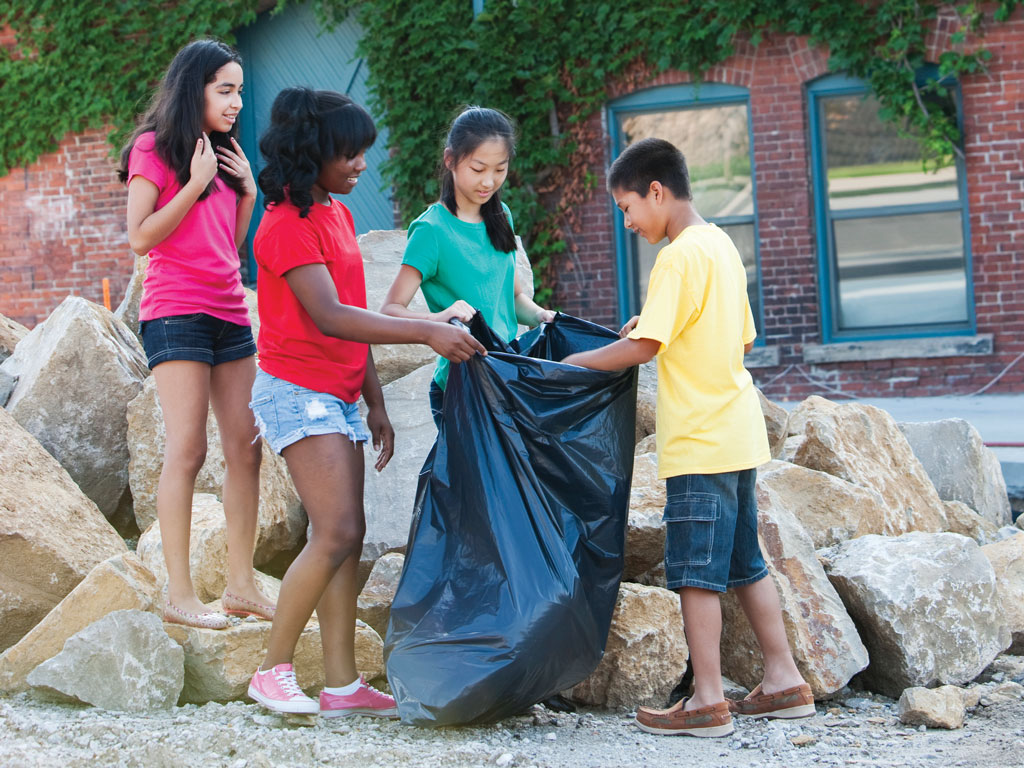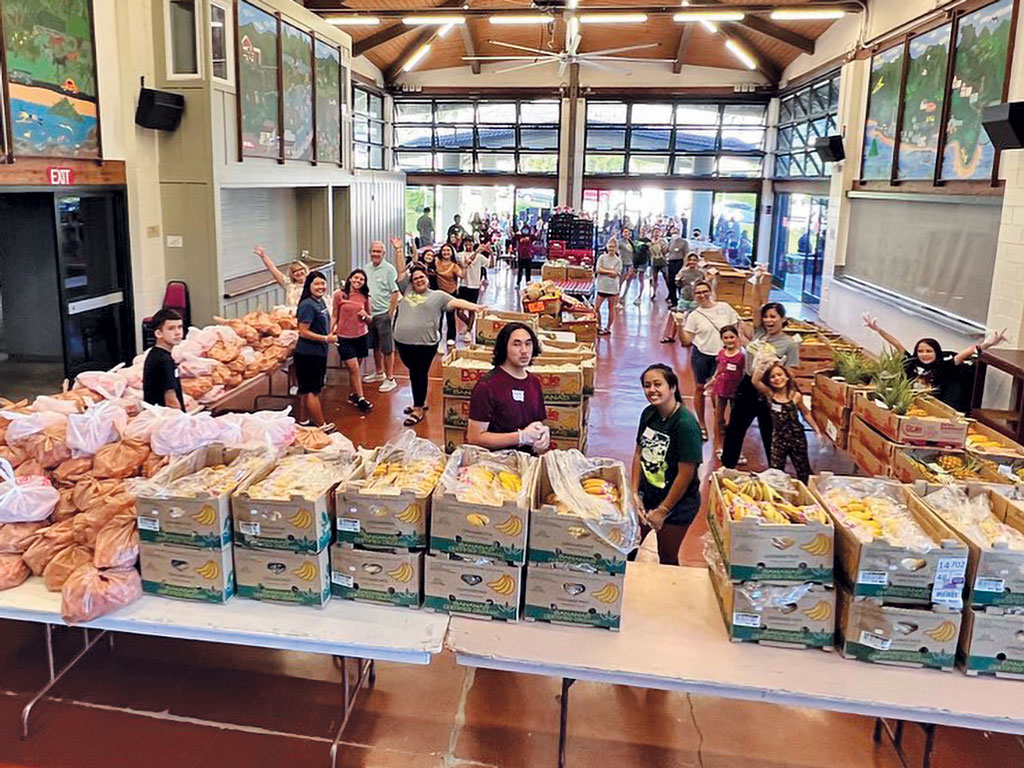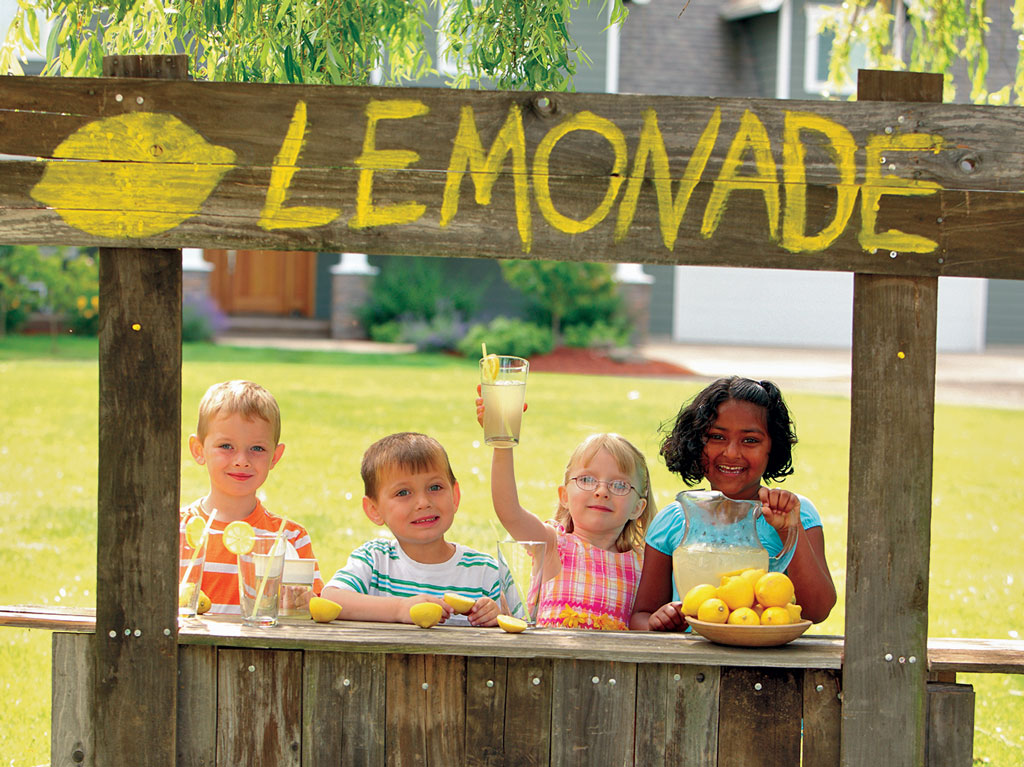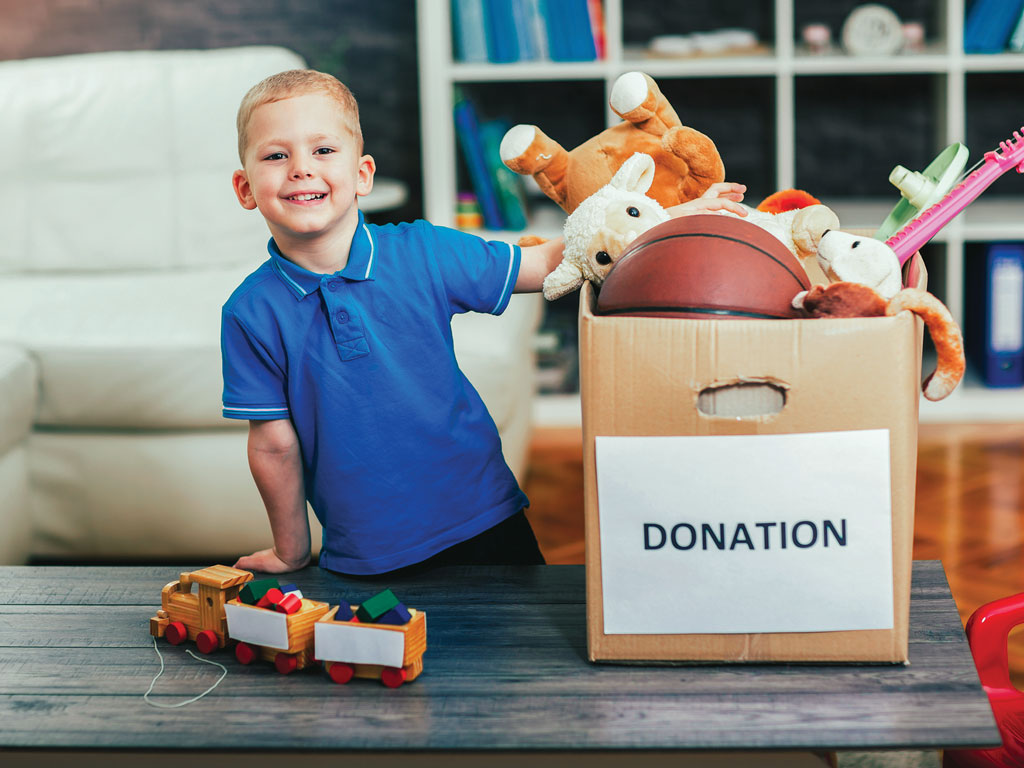by Stephanie Lopes
Why is there trash on the beach? What can we give to that person without a home? How can we grow more food? Who are you voting for?
Although they may seem like they have a lot to learn, children are constantly noticing the world around them – and often have a genuine desire to help others and participate in their communities. As parents, we desire our children to grow up to respect themselves and others, and, thus, teaching civic responsibility is essential.
Civic responsibility means actively participating in the community, such as through volunteering, donating, or participating in democracy, while also considering the interests of others.
KEY Project’s mission is the essence of civic responsibility. The nonprofit organization provides a vital grassroots civic resource to serve the diverse Kualoa-He‘eia community through nurturing and promoting the cultural, environmental, social, economic, and recreational well-being of the area. And executive director, Rainbow Uliʻi, kindly offers her expertise about the benefits of and opportunities to partake in civic responsibility.
“We have the ability to nurture and promote the well-being of communities when we are more actively involved in civic roles and volunteer opportunities,” Uliʻi illuminates.

Volunteer and connect with community.
Hands-on service helps children comprehend the impacts of their efforts in a more tangible manner, and volunteering is a great way to actively participate in civic responsibility. “Being a volunteer for civic and community centers allows people to become more engaged with their community,” says Uliʻi.
Fostering a dog, mowing the yard for a neighbor, picking up trash at the park, growing food to give to those in need, recycling: A plethora of volunteer opportunities exist – most of which are family friendly. Allow your child to take the lead. How do they want to serve the community? If they are younger, research some available volunteer opportunities and give children a choice to choose how they might want to start giving their time and talents.
Are you interested in volunteering on the Windward side of O‘ahu? KEY Project has many volunteer opportunities available for people throughout the year. Uliʻi says, “Our programs and services are offered with focuses on ages from keiki to kūpuna.”
“We host monthly Hawaii Ohana Foodbank Distributions in which we solicit volunteers for, and many other events that require support from members of the community,” Uliʻi expands. “We also enjoy having keiki and youth be engaged in our māla (garden) activities or other events that are outside of the regular school schedule; fortunately, the youth programs that we host at KEY are held during the intersession and involve participation at other ʻāina-focused sites that also require volunteer support.”
Multiple research sources have found that children who regularly volunteer – and reflect on the importance of serving others – are on the path towards positive character development.

Build resiliency through relationships.
Another important benefit of civic responsibility is the ability to form relationships – and, in turn, build resiliency. Uliʻi explains, “Civic responsibility also strengthens and sustains relationships that are crucial to building a more resilient kaiaulu (community).”
Everyone has hardships in life, but strong loving relationships offer encouragement and reassurance to boost a child’s and a community’s resilience. Practicing civic responsibility helps to build qualities that contribute to being resilient when times get tough: making and carrying out a plan; confidence in oneself and the community; communication skills; managing anger and impulses; and, having at least one caring relationship to rely on.
“Supporting and encouraging community collaboration is key to creating a healthy environment for families and individuals,” Uliʻi summarizes.

Participate in the democratic process.
A simple definition of democracy is ‘the power of the people.’ While democracy is the system of our federal and state government, democratic principles, such as citizen participation, accountability, equality, tolerance, transparency and human rights, can be taught and lived daily – and in local communities. And living out these democratic principles is at the root of civic responsibility.
“Participating in volunteer opportunities grants community members the ability to provide feedback and opinions that help programs meet the needs of their service areas,” explains Uliʻi. “At KEY Project, we rely heavily on the support and participation of those within our service area to meet the needs of our diverse multicultural community. In addition, these people have the ability to provide input that can help us better serve them.”
While children cannot yet vote, they can participate in community-building activities, can discuss how to serve and make society better, and can even write letters to or campaign for elected officials. Volunteering in the local community is a great first step to becoming an active citizen with a better understanding of others’ needs – and a next step might be to use other democratic rights to advocate to better others’ conditions.
Teach civic responsibility.
Those little eyes are always looking toward their parents or other close adults as an example. To teach civic responsibility – and to glean the benefits of connecting with community, building resiliency and upholding democratic principles – adults must also partake in their civic responsibilities.
“Having and participating in civic responsibilities and activities is something that can be easily taught by a parent or guardian. When adults take the time to engage their children in community service through volunteer work, service participation, or donating, their children are more likely to make community-conscious decisions when they become adults,” Uliʻi concludes.
To stay up to date with KEY Project’s volunteer events, visit keyproject.org and follow them on Facebook and Instagram (@key_project).





